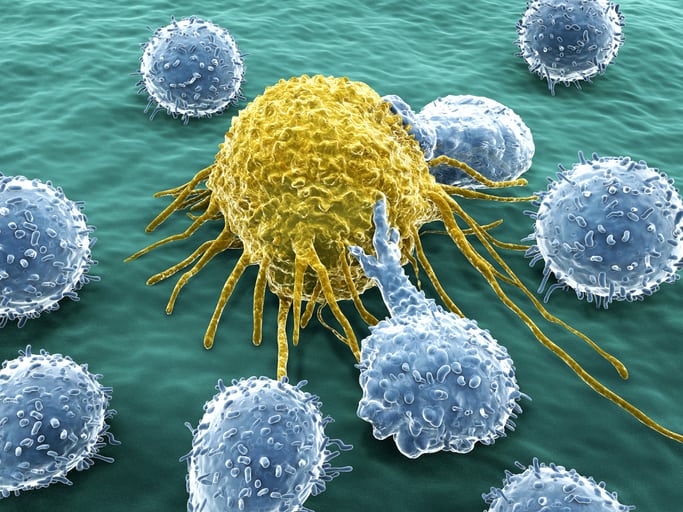Ultraviolet (UV) radiation-induced chronic inflammation contributes to all stages of skin tumor development. In addition, gender plays an important role in inflammatory diseases or cancer. In this study, histopathology changes, hematology, oxidative stress and inflammatory response were used to evaluate sex differences in UV-induced chronic inflammation-associated cancer development. The results showed that the male and female mice had photoaging damage at the 9th week. However, skin tumors only appeared in male mice at 31st week. Furthermore, UV increased ROS production, p65, p-p65, IL-6 and TNF-α protein expressions in skin, and these factors elevated more in male mouse model. Hematology results showed that the parameters of blood systemic inflammation were changed in different degrees in model groups, while the pathological results showed inflammatory cell infiltration in the internal organs of both model groups in varying degrees. These results indicate that there are gender differences in UV-induced skin inflammation, carcinogenesis and systemic damage. Moreover, male mice are more sensitive to UV irradiation, which may be responsible to greater oxidative stress and inflammatory damage.Copyright © 2020. Published by Elsevier B.V.
Gender differences in UV-induced skin inflammation, skin carcinogenesis and systemic damage.


